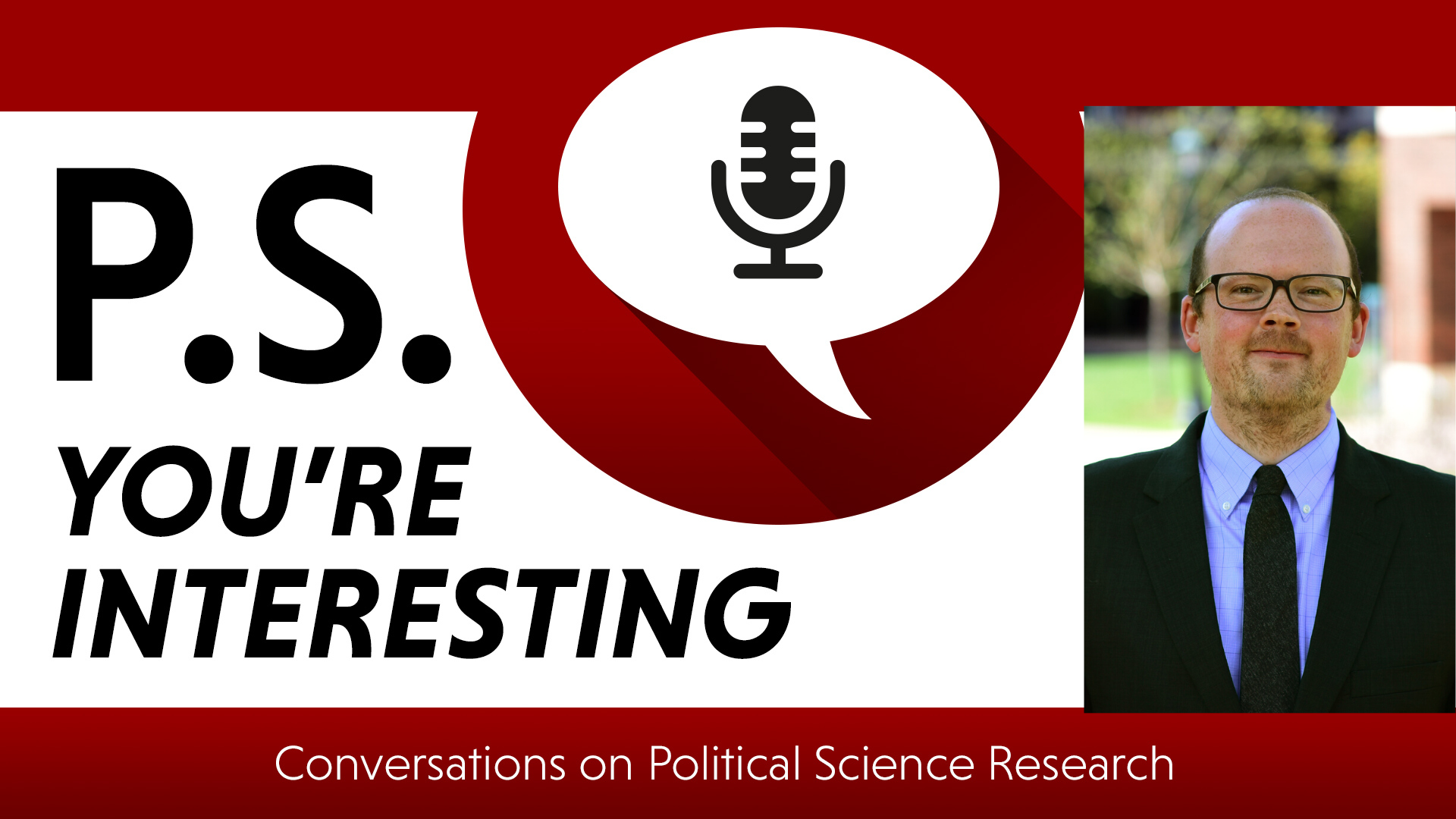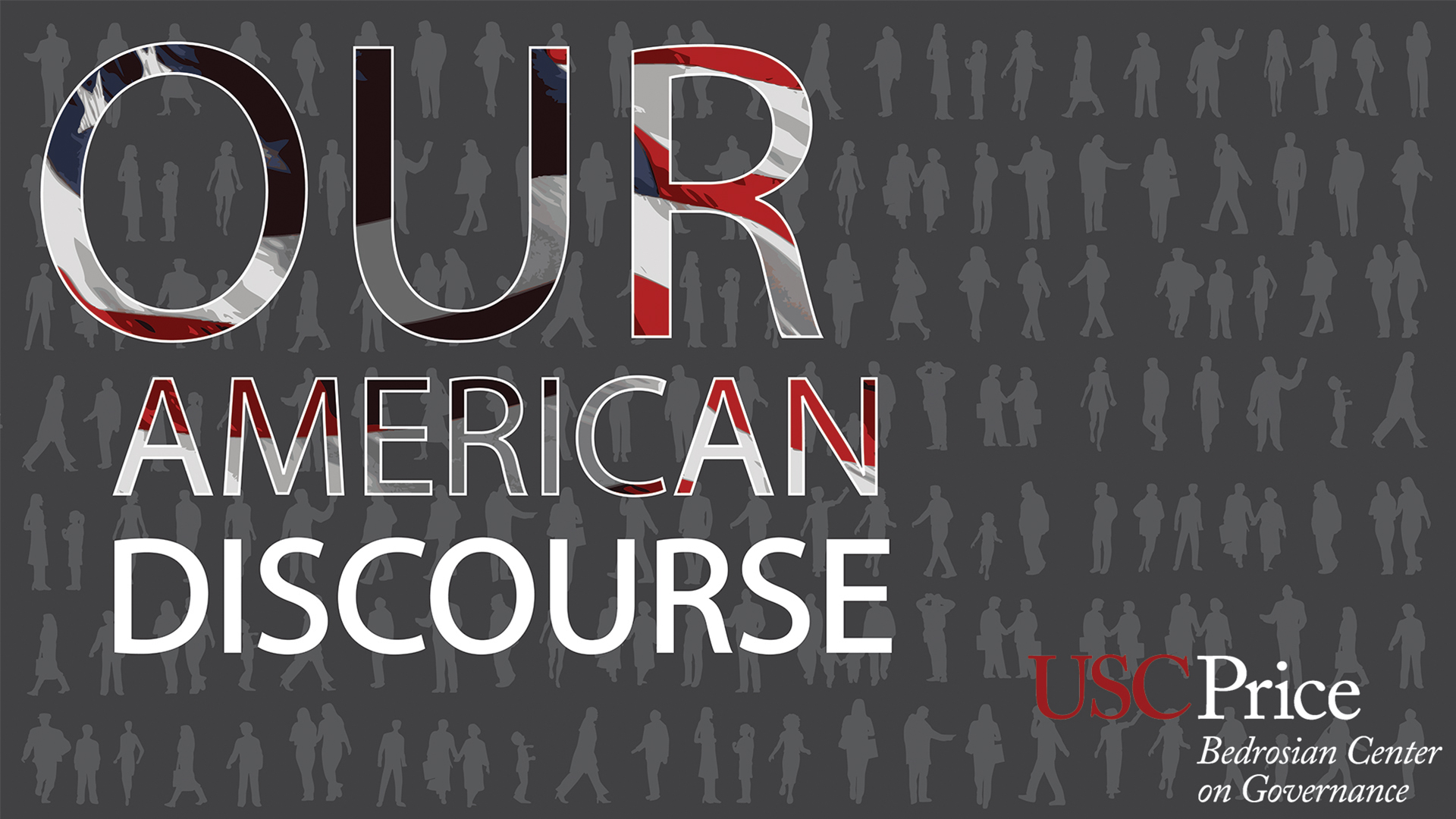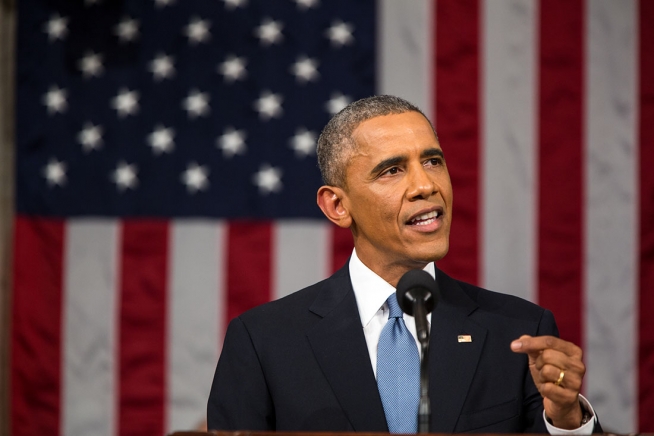PIPE Workshop: Chad Kendall (Political Parties as Drivers of US Polarization)
The current polarization of elites in the U.S., particularly in Congress, is frequently ascribed to the emergence of cohorts of ideologically extreme legislators replacing moderate ones. Politicians, however, do not operate as isolated agents, driven solely by their preferences. They act within organized parties, whose leaders exert control over the Read more…





